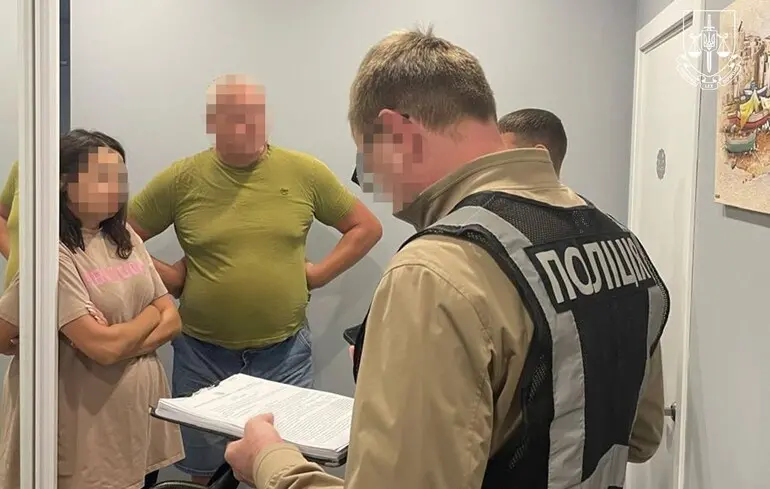Former Head of the Central Medical and Social Expert Commission and Associates Suspected of Large-Scale Disability Fraud

The former chief physician of the Central Medical and Social Expert Commission (MSek) and his accomplices are suspected of orchestrating a large-scale scheme to illegally obtain disability certificates, causing significant financial damage to the state.
According to reports from the Office of the Prosecutor General, investigators in cooperation with personnel from the National Police issued charges against seven members of a criminal group operating over several years.
This group systematically issued forged documents and certificates, allowing citizens to fraudulently receive social benefits and payments.
The primary suspect, a former head of the commission, collaborated with a current lawyer and doctor, along with three other commission members and a family doctor from a local medical center, to create a scheme of falsified referrals to medical commissions.
Investigation findings reveal that the group fabricated fake referrals, signed and stamped them with MSek seals, and then issued false disability certificates based on these documents.
Such actions enabled the citizens to access social privileges, while the state incurred losses exceeding 2.8 million hryvnias by paying pensions and benefits illegally.
It has been established that between 2024 and 2025, at least 14 individuals were fraudulently certified as disabled, resulting in substantial financial drain on the state budget.
Charges are being prepared for all suspects under several articles of the Criminal Code of Ukraine, including abuse of office and forgery.
An official preventive measure process has already commenced against all accused, and investigators are verifying the involvement of other persons who might have contributed to the illicit activities.
Notably, from January 2025, Ukraine introduced a new system for establishing disability, known as ‘Expert Commissions for Daily Functioning Assessment,’ aimed at increasing transparency and fairness in disability determination.
This case highlights the ongoing need for strengthened oversight and anti-corruption measures within the healthcare and social protection systems.

